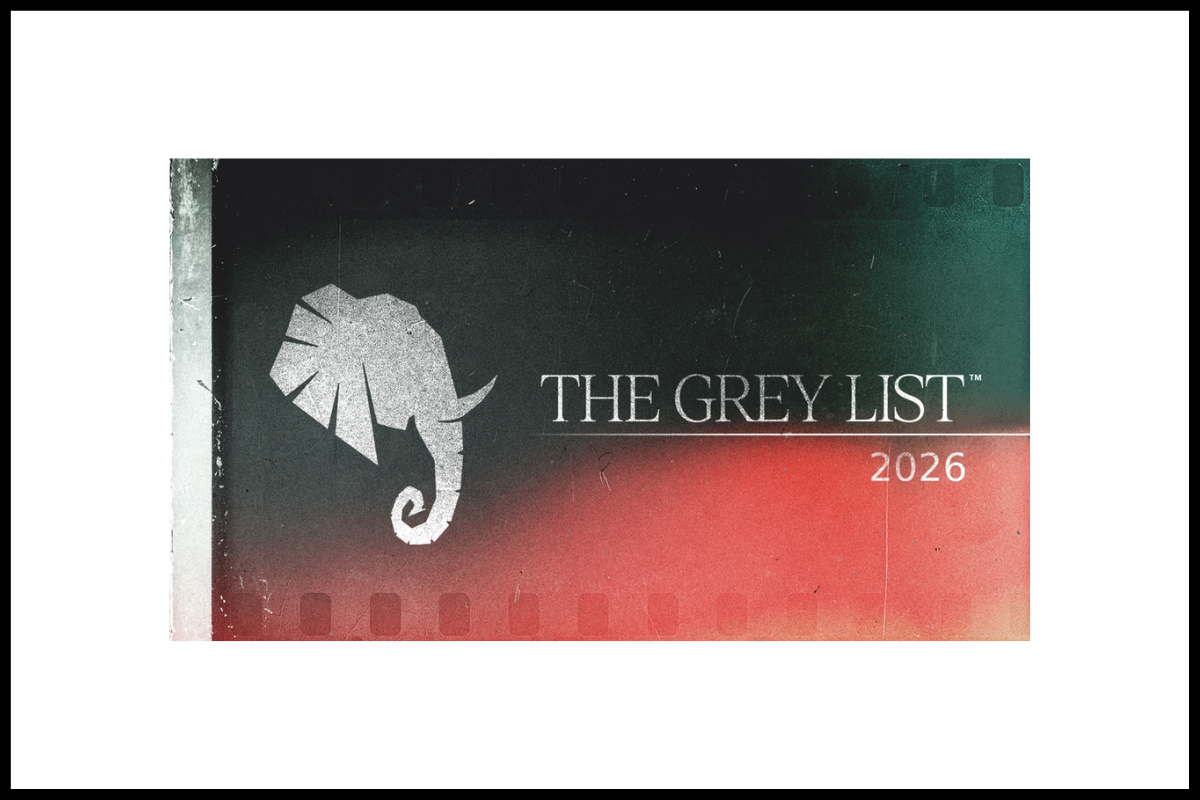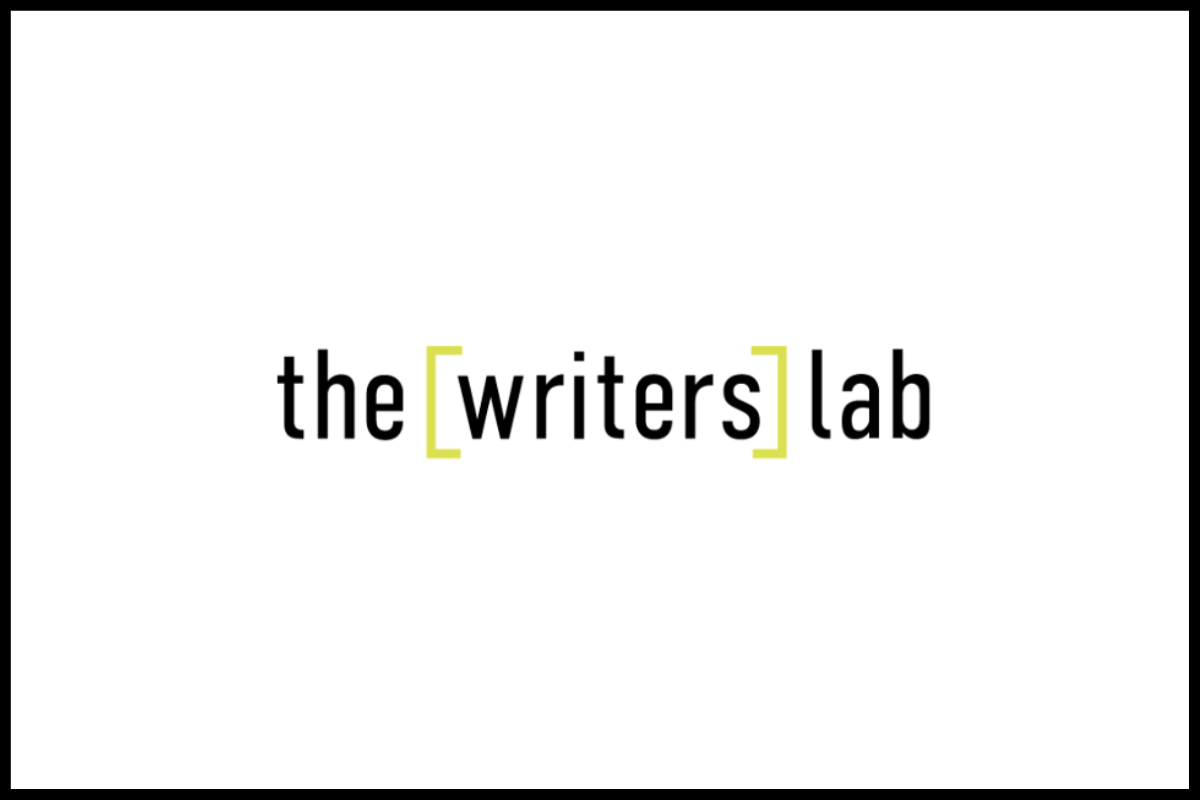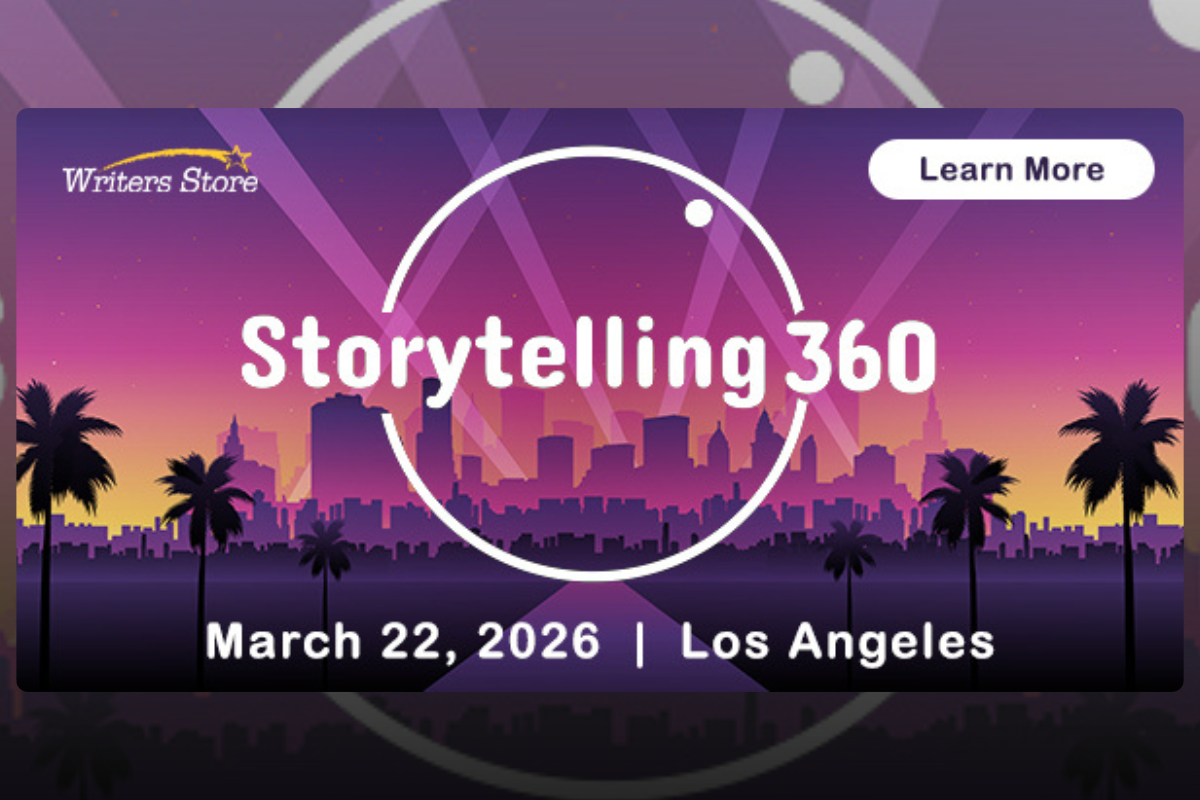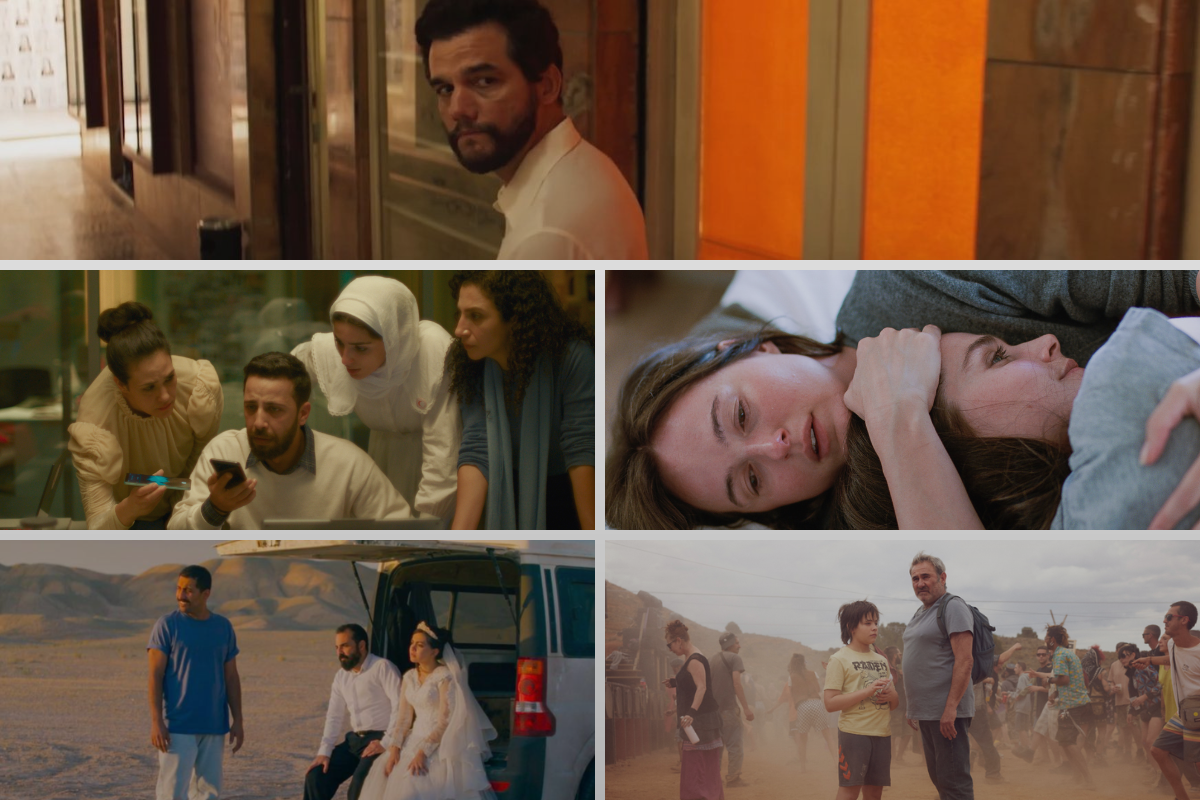An Interview with Writer/Director Clare Kilner
Technically, I don’t start my new ScriptMag column, “Notes From The Margins” until next week (very exciting!). But I wanted to bring you something special first. An interview with Hollywood…
Technically, I don’t start my new ScriptMag column, “Notes From The Margins” until next week (very exciting!). But I wanted to bring you something special first. An interview with Hollywood writer/director Clare Kilner, whom I met when she became attached to a project I helped develop while at Clifford Werber Productions. Sadly, the project never came to be, but Clare’s been busy ever since.
She’s sold and directed studio films, indies, and TV series. Her credits include The Wedding Date, starring Emmy Winner Debra Messing and Oscar Nominee Amy Adams, and How to Deal starring Mandy Moore and Alison Janney. And now she is launching a new program with me for filmmakers and writer/directors.
Danny: Give us a little background – how did you know that you wanted to direct and how did you get your start?
Clare: I started out working in theatre as a stage manager which meant I got to sit in on rehearsals with some top British theatre directors and watch them work close up. I wanted to tell stories, to express my point of view on the world but didn’t know if I had the skills or where to start. I heard a friend of a friend was making a short film and it sparked something in me, so I decided to give it a try. I started out knowing nothing and learned everything as I went along. My first film was a short documentary called “As I Walked Out One Midsummer Morning,” which followed writer Laurie Lee’s journey through Spain in 1935. I had no budget so I borrowed an old Canon 16mm camera and saved up enough money from my temp secretarial jobs to fund the film. Putting the film together, writing and recording the voiceover and sourcing the right music felt magical, exciting and creative. It was ultimately very fulfilling, and I became determined to pursue directing. I applied to every film school in the UK and was turned down by every single one. Undeterred, the following year I made a short drama called Saplings, and applied to the Film and Television Directing course at the Royal College of Art in London. I was so excited to get in and was lucky enough to get a scholarship.
D: You are currently represented at The Gersh Agency. How did you land an agent?
Clare: I met my agent in Cannes. I had just finished my first feature Janice Beard 45wpm and we had our premiere in the market there. I was so nervous before the screening, I had no idea what the response would be. It turned out to be one of the most exciting nights of my life. There was laughter and cheering throughout the screening and by the end it was clear that everybody loved the movie. As I tried to leave the auditorium, I was surrounded by US agents all shoving their cards in my face. The film got a lot of attention because at the time, Patsy Kensit was going out with Liam Gallagher from Oasis and the paparazzi followed us everywhere gaining plenty of column inches for our movie. I met with lots of agents and it was hard to choose who to go with but I was introduced to an agent from Gersh at a party, we talked and discovered a mutual passion for the film Sullivan’s Travels. Having a conversation about a movie I loved rather than the business of money sealed the deal.
D: How did you land your first studio movie, How to Deal?
Clare: After Cannes, I did the rounds of international film festivals with Janice Beard but wasn’t sure what to do next. I wasn’t a natural writer and my writing partner was off directing his own film. A few months after landing my agent I started receiving scripts but most of them weren’t that great or were indie movies with no financing. The producers of How To Deal had seen Janice Beard (it got a small release in the US) and loved it, so they went to bat for me. I had numerous phone meetings and flew out to New York to meet the producers, we realized we shared a vision for the movie but now they had to sell me, a director with only one movie to my name, to New Line. I had a meeting with Toby Emmerich and pitched him my vision. I was very nervous because I wanted it so badly. I flew back to the UK and waited for the verdict, would he or wouldn’t he trust me with a $15million budget? A few weeks later, I got the call - I was coming to LA to start preproduction!
D: With a filmmaker’s first project, what do you think is the most important thing to get across?
Clare: The most important thing to get across for your first feature is story. What is it about this story that you want to communicate to your audience? Most successful first films are very personal and tap into a theme that the director will return to again and again over the years. My first film was based around my experiences as a temp secretary. Because I was a temp, I was left to my own devices, I felt invisible and had this fly on the wall experience where I could witness people at their best and worst, they didn’t mind me seeing or knowing their problems because I wasn't going to be around the following week. I felt I could be whoever I wanted to be. I did a lot of mundane jobs, and my mind would wander and create fantastical worlds. My character Janice is a bit of a social misfit and an effusive optimist, not unlike myself.
D: After How to Deal, you directed Debra Messing, Amy Adams and Dermot Mulroney in The Wedding Date. How was that experience and how did that come together?
Clare: Wedding Date happened very quickly after How To Deal. I had just finished post, I had a meeting with the producers and two days later I got the call from my agent saying they wanted me to direct the movie. Debra Messing was already on board so I met with her, we talked about the script and confirmed our shared vision. I met with Dermot who jumped on board, again very quickly, and before I knew it, my deal was hammered out and I was on a plane back to London to shoot a movie in 6 week’s time. Bringing the project together in 6 weeks was tough but I had a great crew and wonderful actors. I really enjoyed working with Amy Adams, who sky-rocketed to fame in Junebug just after Wedding Date – she was amazing to work with; instinctive and vulnerable and so receptive to direction.
D: How do you usually find material to direct and what is about a script that makes you connect to it and want to direct it?
Clare: Agents and producers send me scripts and occasionally I meet writers that I respond to and we create projects together. Right now I’m working with two young writers who are very new to Hollywood on a horror movie called “Hollywood Royale”. It’s a great experience, fun, refreshing and rewarding. I can’t wait to get it out there. In terms of ideas, I either have my own ideas that are somehow connected to my life or I read something that hits a chord, that speaks to me – I can’t explain it, I just know that I want to get involved and I’ll stick with it through thick and thin – some movies take 10 years to get made. You need to be tenacious!
D: If you are writing and directing, which you’ve done many times before, and you come up with a production or story issue – do you change the shot to fit the script or change the story to get the best shot?
Clare: Story is king! I will always serve my characters before the technical aspects of the craft.
D: Despite being very busy these days with a new feature project and a TV pilot, you have decided to team up with me at No BullScript and help writers and directors achieve THEIR vision – what made you decide to do this?
Clare: I woke up one morning and realized I had been in the business for a good number of years and by osmosis I’d learned so much. I’ve gleaned a lot of information from the people around me. I’ve made mistakes and learned from them. There are things I wish I had been told when I was starting out, and I’m now in a position to pass them on to people at the beginning of their careers. I love my job, and I want to help others build their careers. I enjoy encouraging people and helping them realize their dreams. And since we had worked together (at CWP), and I wanted to work with a consultant that had a great reputation and experience, I figured it would be a good fit.
D: What kind of writing and directing talent are you hoping to work with? And are you still looking for projects?
Clare: I’m always looking for great projects. Surprisingly there are very few really good scripts out there. I have a lot of producers who want to work with me and not enough projects to pitch to them. Right now I’m in a good place and will only get behind movies that I totally believe in. I recently diversified into TV so I’m looking to partner up with writers and develop projects to pitch together. I’m a very collaborative person and am very good at spotting raw talent.
D: How important do you think it is for writers to get a director’s POV on their projects?
Clare: A director’s POV on a project can make the difference between a sale and a pass. A good director immediately understands character and will spot any flaws in your screenplay. We’re also great bullshit detectors so we pick up on anything that doesn’t make sense or is unbelievable. A tiny flaw in a script will become a huge glaring error when it’s up there on the big screen so we have to be able to identify them early on. When it comes to shooting, we need to be able to answer every question about the script the cast and crew throw at us. When I read a script, I immediately bring it to life in my mind’s eye and I can quickly identify the types of problems and questions that may arise for the actors. As a director I can help add texture and depth to the life of your characters. Sometimes it’s a case of less is more and a few well-placed cuts can make a huge difference to a scene. As a director, I know what actors are looking for when they pick up a script and it’s best to tailor the screenplay up front since you only ever get one shot with an actor who’s agreed to read your script.
D: With so many filmmakers and writers now trying to do it all on their own, what advice would you give them?
Clare: Believe in yourself. Be passionate. Be honest. Think about how you’re communicating your ideas to your audience. Above all, learn the craft of directing for then you will be free to fly.
Clare and I will be holding a 90-Minute Teleseminar on May 5th at Noon PST where we will go through everything writers and directors need to know to get noticed, find a rep, get their projects made, prepare for meetings, and share their vision in the best possible way. You don’t have to attend Live! For details and to register, please click here.
Related Articles:
- More Articles by Danny Manus
- Karl Gajdusek and ‘Oblivion’
- Why You Should Write a Short Film Screenplay
Get Noticed:
Danny Manus is an in-demand script consultant and founder of No BullScript Consulting, and was ranked in the Top 15 “Cream of the Crop” Script Consultants in 2010. He is the author of No B.S. for Screenwriters: Advice from the Executive Perspective. Danny shares notes, tips, lessons, anecdotes and information that will hopefully improve your writing, enlighten you about parts of the business that aren’t talked about, lessen the number of notes you get in YOUR margins, and help you further understand what breaking into this business and staying here really entails. Twitter: @DannyManus







